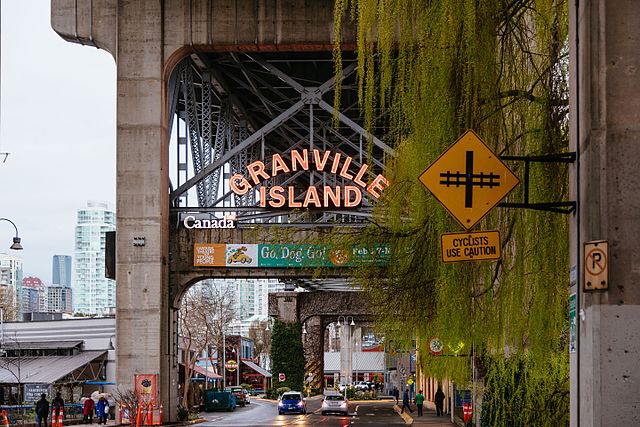SUBSCRIBE TO THE FREE NEWSLETTER
We value your input at Cascadia Magazine & Cascadia Daily
Thanks for signing up for the Pacific Northwest’s tastiest selection of news, culture, and thought-provoking writing. Each weekday, we hand-pick an assortment of stories relevant to life in the Cascadia bioregion (encompassing Oregon, Washington, British Columbia, and parts of Idaho, southeast Alaska and northern California). Every day you’ll find a selection of links to news stories, essays, fiction, poetry, and art — spanning the wide diversity of cultures and people in Cascadia.
Is there something you think we should be covering in Cascadia Magazine? A particular topic you’d like to see more of in Cascadia Daily, this curated collection of links to what’s happening in the bioregion? Things you’d like to see less of, or concerns? Let us know! Send us a note here, we enjoy hearing from our readers.
Clear-cut logging in BC’s forgotten rainforest
While clear-cut logging on Vancouver Island is well-known, the logging going on in British Columbia’s inland rainforest is a relative secret. The Narwhal’s Sarah Cox reports on on the practice in forests outside Prince George, which threatens 1,000-year-old trees, biodiversity, and caribou populations. Cascadia Magazine is working on a feature about this hidden ecological disaster — keep reading Cascadia Daily for more on the forthcoming article.
Protecting the character of Granville Island
Vancouver’s Granville Island is a thriving, urban gem, but on the 40th anniversary of the creation of this unique space for artists, businesses, and industry The Tyee’s David Beers and Emma Renaerts exclusively reveal confidential documents that contradict the official report on its future, and find a tangle of bureaucracy and shaky business foundations. This follows the exit of Emily Carr University from Granville Island in 2017, which at the time was optimistically regarded.
Invasive species riding ocean plastic to OR coast
OPB’s Jule Gilfillan reports on how Oregon State University researchers are increasingly finding invasive species arriving on the Oregon coast via floating plastic. The phenomenon was discovered in the aftermath of the 2011 Fukushima earthquake.
Vacating pot convictions in Washington
Crosscut’s Melissa Santos covers a new Washington state law that allows people to vacate their pot convictions dating before the 2012 legalization of marijuana. In other drug policy news, Scott Greenstone of The Seattle Times looks at how some cities in Washington are considering rolling back needle exchange programs due to local nervousness–in the face of evidence that needle exchanges reduce incidence of hepatitis and HIV.
Trees slow to recover after some BC wildfires
Wildfires are becoming the worrisome norm for Cascadia, with the most recent blaze in Oregon spanning 11,000 acres so far. To make matters worse, Jon Hernandez from CBC reports that warming temperatures are also making it difficult for certain tree species across western North America to grow back. The warmer temperatures combined with lack of recovery periods for trees between wildfires are leading to lower-density, unhealthy forests.
“Good Little Mice,” new fiction by Sharma Shields
The newest installment in the Spokeman-Review’s Summer Stories series, “Good Little Mice” by Sharma Shields creeps through the shut-in lives of three children ruled by a mother’s tender paranoia. “She was so desperate, so sincere. The children loved her. They promised her that they understood, they quit their many questions.” Read here for the full piece. And if you haven’t read Sharma’s essay on living with MS at Cascadia Magazine, read it here.
Hope you enjoyed today’s assortment of news, culture, environmental reporting, and fiction from across the Cascadia bioregion. Today’s newsletter was curated by Eun Hye Kim and Andrew Engelson.
Photo credit: Granville Island by Xicotencatl via Wikimedia Commons, CC BY-SA 4.0

